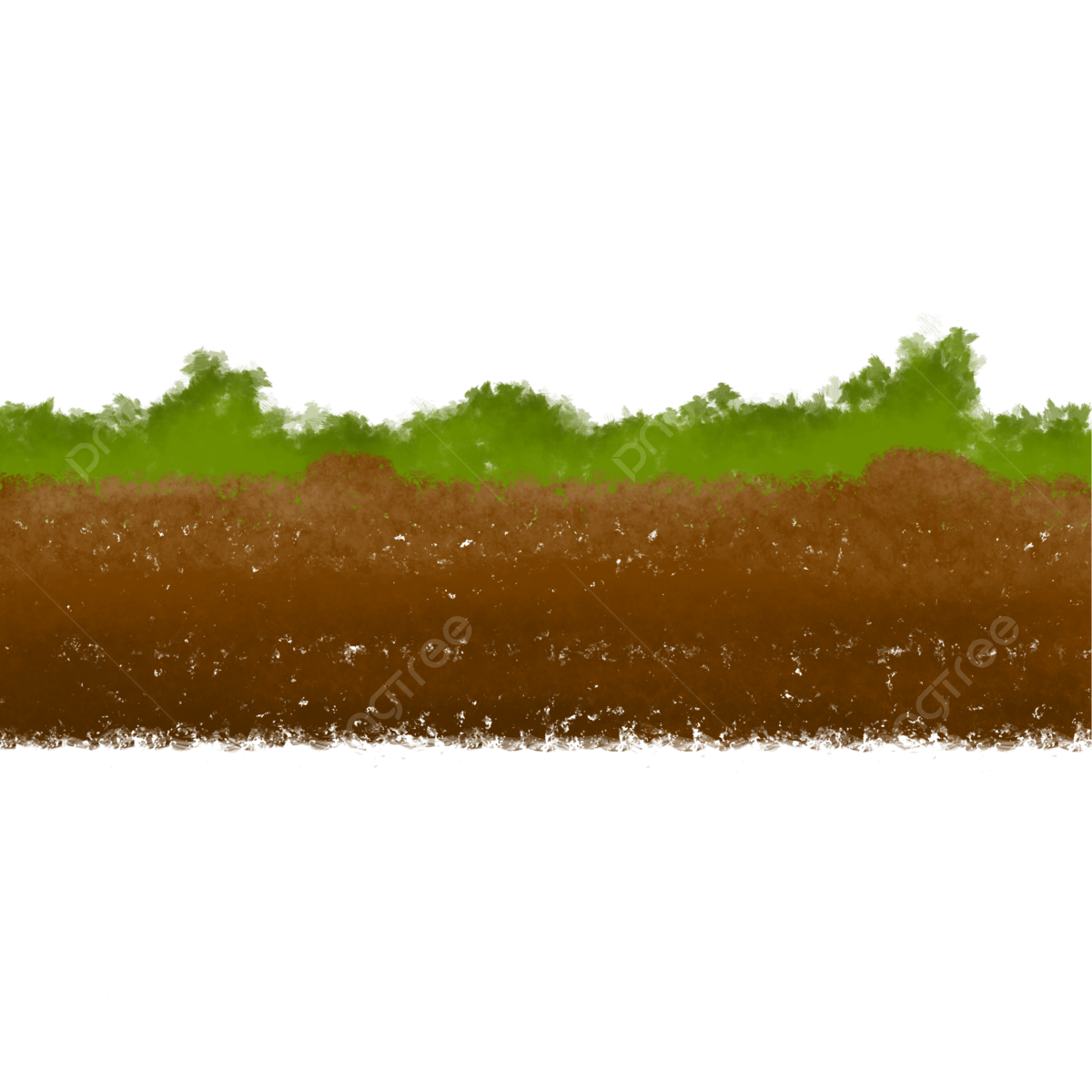Download top and best high-quality free Ground PNG Transparent Images backgrounds available in various sizes. To view the full PNG size resolution click on any of the below image thumbnail.
License Info: Creative Commons 4.0 BY-NC
Ground is a fundamental aspect of electrical systems that is present in almost all electrical devices and circuits. It is the reference point in a circuit from which all voltages are measured and is essential for ensuring the safety and proper operation of electrical systems.
What is Ground?
In electrical systems, ground refers to a conductive connection to the Earth’s surface or a large conductor, such as a metal rod, that is buried in the ground. This connection provides a reference point for electrical potential and helps to dissipate unwanted currents and static charges, preventing electrical shock and damage to equipment.
Ground is often represented by the international symbol for ground, a three-pronged plug, or a ground wire that is connected to the metal chassis or enclosure of electrical devices. In some cases, ground may also refer to a neutral wire in a circuit, which carries current back to the source and is held at a constant voltage potential.
Importance of Ground in Electrical Systems
Ground is essential for the proper operation and safety of electrical systems. Without a proper ground connection, electrical equipment and devices may malfunction or become damaged, and users may be at risk of electrical shock or electrocution.
Grounding helps to protect against electrical faults and lightning strikes, which can cause a surge of high voltage and current in electrical systems. By providing a path of least resistance, ground helps to redirect these unwanted currents and protect against damage to equipment and electrical fires.
In addition, grounding is required by electrical codes and regulations to ensure the safety and proper operation of electrical systems. Proper grounding techniques are essential for the prevention of electrical hazards, the protection of electrical equipment, and compliance with regulatory standards.
Types of Grounding
There are several types of grounding that are used in electrical systems:
- System Ground: This is the connection of the neutral wire in a circuit to ground, creating a reference point for voltage potentials.
- Equipment Ground: This is the connection of the metal chassis or enclosure of an electrical device to ground, providing a path for fault currents and preventing electrical shock to users.
- Earth Ground: This is the connection of electrical systems to the Earth’s surface through a grounding rod or plate, providing a path for unwanted currents and static charge.
Grounding Techniques
Proper grounding techniques are essential for ensuring the safety and proper operation of electrical systems. Some common grounding techniques include:
- Rod Grounding: This involves the installation of grounding rods or plates into the Earth’s surface, which are connected to electrical systems through grounding conductors.
- Ground Loops: This involves the use of multiple ground connections to provide a redundant and reliable path for current and prevent unwanted noise and interference.
- Isolated Ground: This involves the use of a separate ground conductor for sensitive equipment to prevent ground loop currents and interference.
ground is a fundamental aspect of electrical systems that is essential for ensuring the safety and proper operation of electrical equipment and devices. Proper grounding techniques are essential for compliance with regulatory standards and the prevention of electrical hazards and equipment damage.
By understanding the importance of ground and using proper grounding techniques, users can ensure the safe and reliable operation of electrical systems and prevent electrical hazards and damage.
Download Ground PNG images transparent gallery
- Ground PNG Pic
Resolution: 6501 × 1341
Size: 212 KB
Image Format: .png
Download
- Ground PNG Picture
Resolution: 1200 × 800
Size: 1 KB
Image Format: .png
Download
- Ground PNG
Resolution: 601 × 193
Size: 255 KB
Image Format: .png
Download
- Ground Transparent
Resolution: 1200 × 1200
Size: 1141 KB
Image Format: .png
Download
- Ground
Resolution: 1200 × 1200
Size: 8 KB
Image Format: .png
Download
- Ground Background PNG
Resolution: 1024 × 366
Size: 618 KB
Image Format: .png
Download
- Ground No Background
Resolution: 200 × 200
Size: 17 KB
Image Format: .png
Download
- Ground PNG Background
Resolution: 1200 × 1200
Size: 619 KB
Image Format: .png
Download
- Ground PNG Clipart
Resolution: 1063 × 203
Size: 73 KB
Image Format: .png
Download
- Ground PNG Cutout
Resolution: 1025 × 294
Size: 280 KB
Image Format: .png
Download
- Ground PNG File
Resolution: 6500 × 1696
Size: 227 KB
Image Format: .png
Download
- Ground PNG Free Image
Resolution: 1920 × 1080
Size: 1526 KB
Image Format: .png
Download
- Ground PNG HD Image
Resolution: 360 × 360
Size: 4 KB
Image Format: .png
Download
- Ground PNG Image File
Resolution: 8000 × 2306
Size: 5797 KB
Image Format: .png
Download
- Ground PNG Image HD
Resolution: 1280 × 640
Size: 250 KB
Image Format: .png
Download
- Ground PNG Image
Resolution: 360 × 360
Size: 2 KB
Image Format: .png
Download
- Ground PNG Images HD
Resolution: 871 × 191
Size: 2 KB
Image Format: .png
Download
- Ground PNG Images
Resolution: 5000 × 2235
Size: 928 KB
Image Format: .png
Download
- Ground PNG Photo
Resolution: 1401 × 409
Size: 6 KB
Image Format: .png
Download
- Ground PNG Photos
Resolution: 9006 × 1511
Size: 390 KB
Image Format: .png
Download



















